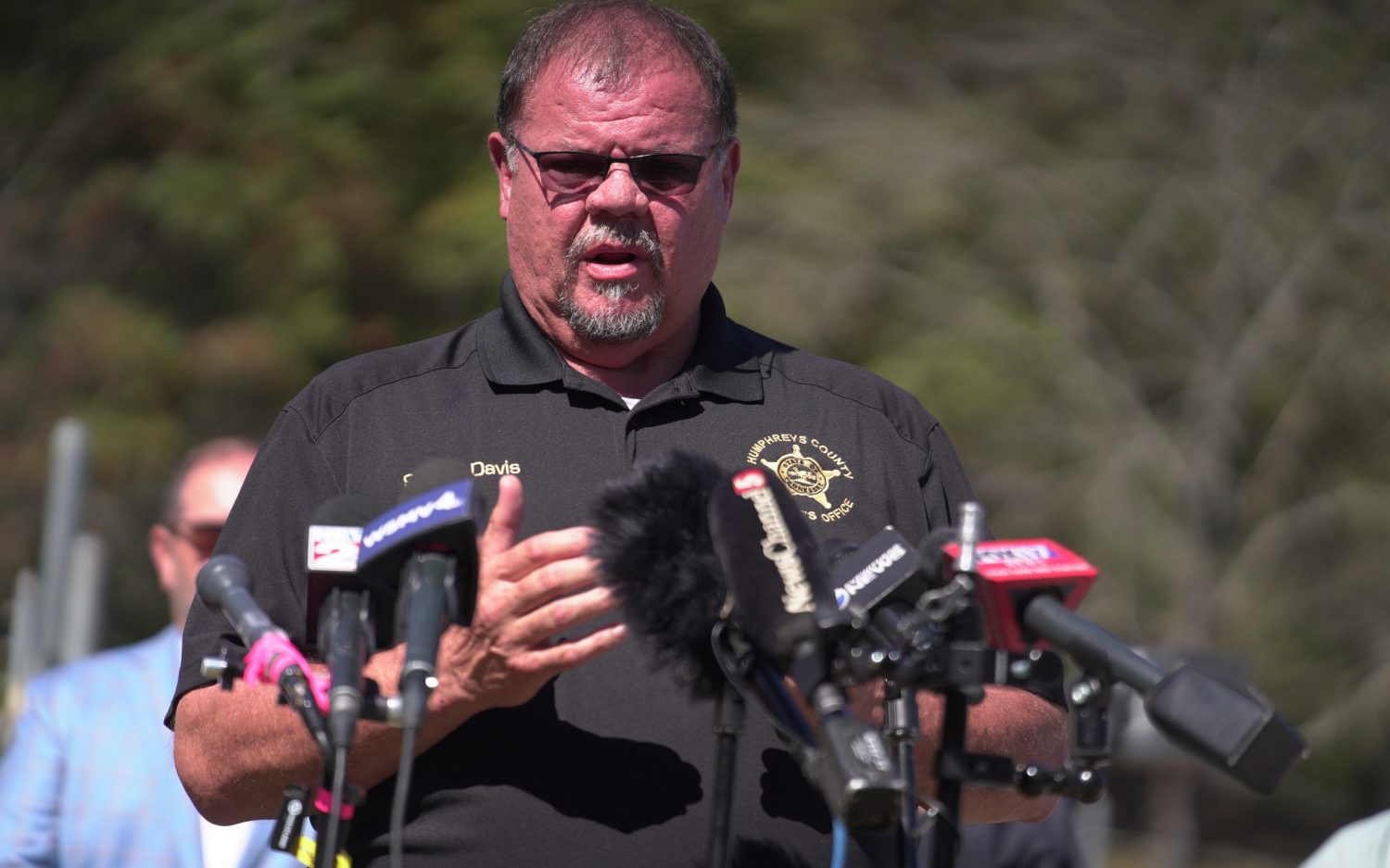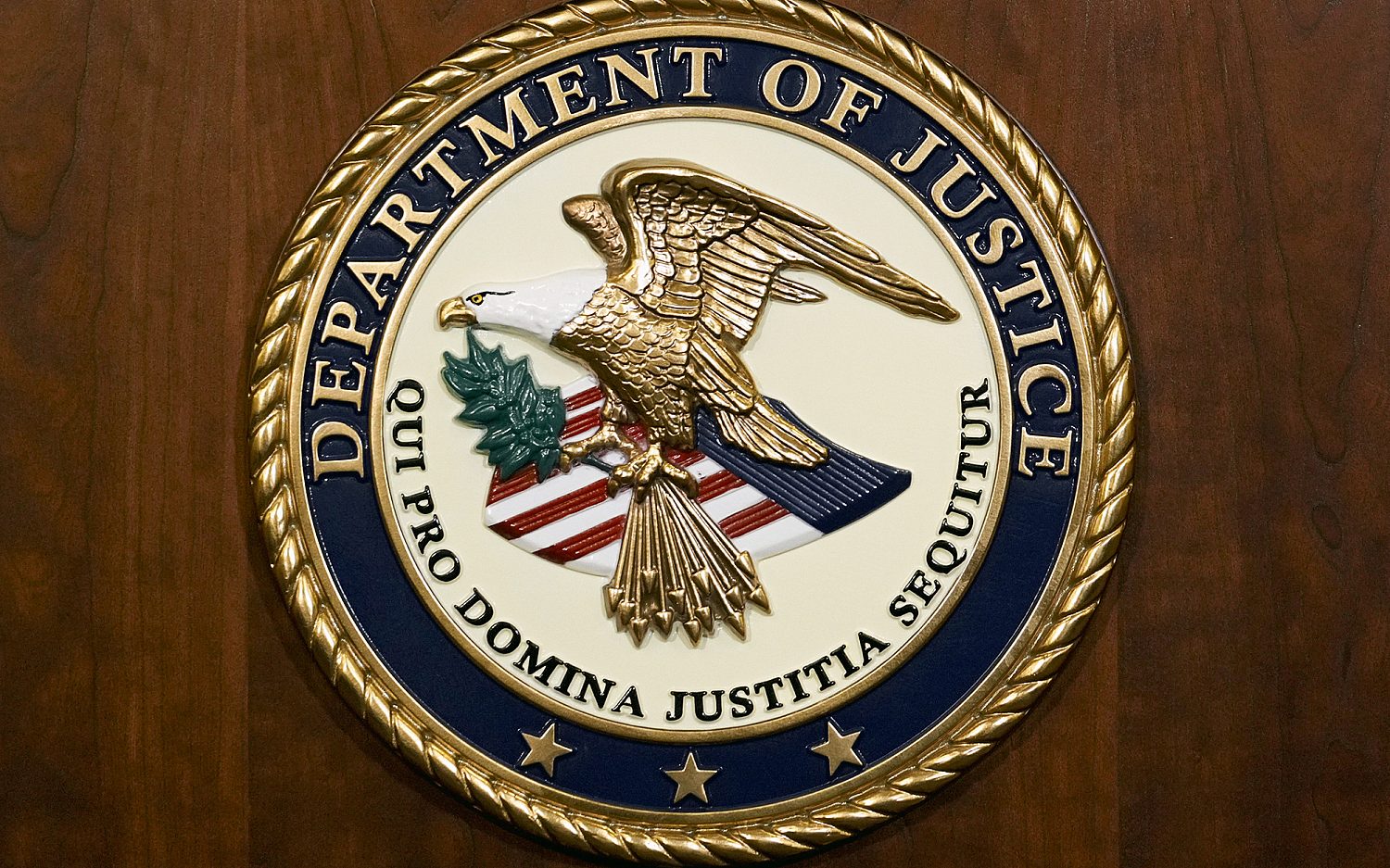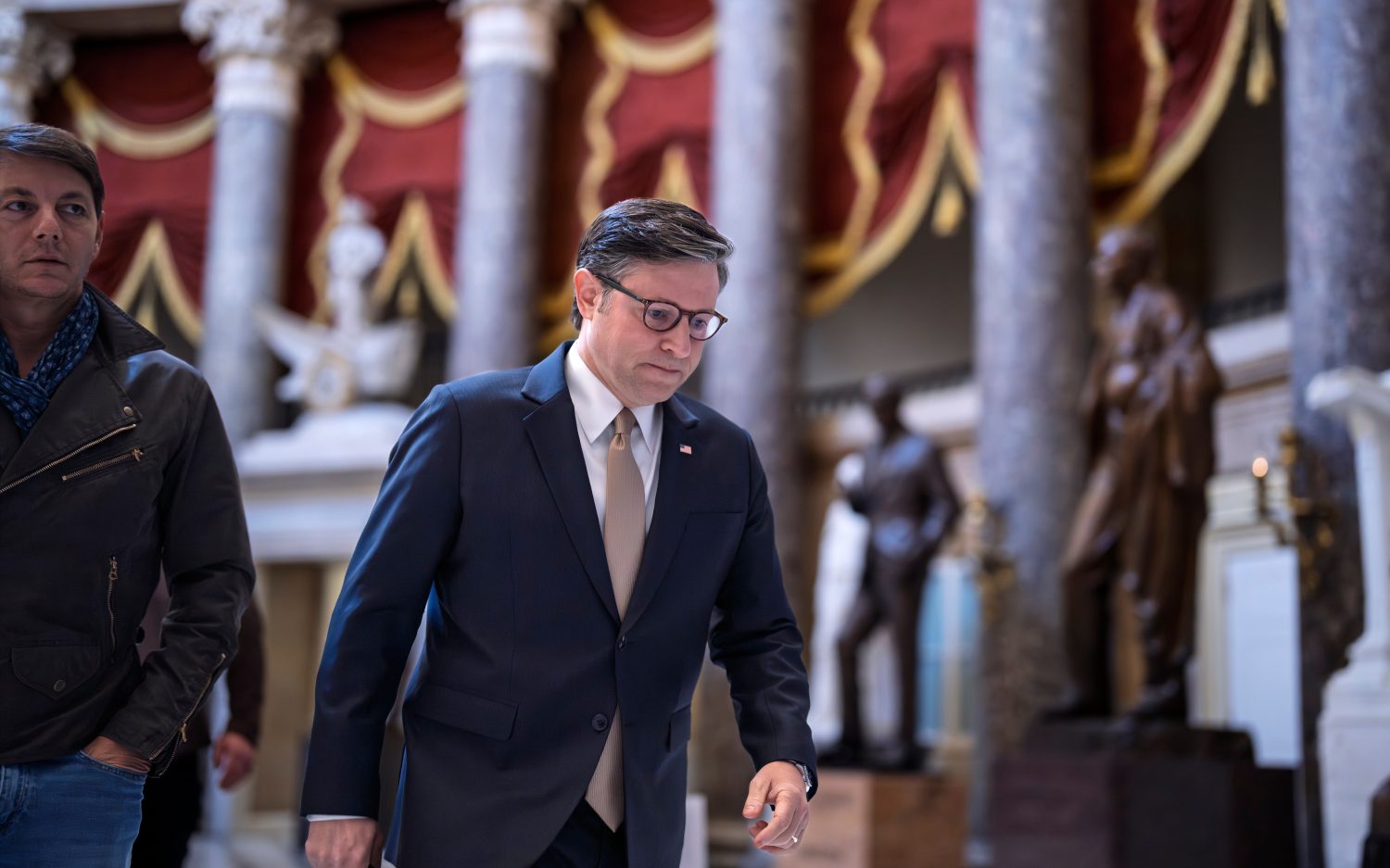Green fleet
Executive order moves Virginia towards alternative fuel vehicles- should Christians care?
Gov. Bob McDonnell announced Tuesday that Virginia will power state vehicles with alternative fuel in an effort to ease the state's reliance on foreign oil and to cut down on harmful emissions.
Surrounded by a fleet of vehicles, McDonnell signed the executive order that mandates the 10,000 state vehicles be powered by alternative fuels.
"As we continue on the path toward making Virginia the 'Energy Capital of the East Coast,' it is important that we pursue all practicable and cost-effective options to promote the use of alternative fuel vehicles," McDonnell said in a statement.
The switch to alternative fuels puts the Commonwealth at the forefront among state governments looking to move away from traditional fuels.
"No one, that I'm aware of, has looked at the entire state vehicle fleet to see what the opportunities might be the way we are," said Maureen Matsen, deputy secretary of Natural Resources. "We really want to lead on this."
The news conference was conducted near the Richmond Office of Fleet Management Services, which manages the 4,000 passenger vehicles used by state agencies and institutions. Among the vehicles lined up at the conference was a city garbage truck powered by natural gas, an all-electric Nissan LEAF and Ford Focus, and a biodiesel Ford truck.
"Increased use of alternative fuel vehicles holds the potential to help reduce our dependence on foreign oil, support the expansion of private-sector businesses and create new jobs here in the Commonwealth," McDonnell said.
The executive order signed by the governor calls for a number of steps before the switch is officially made. The order calls for the Department of General Services and the Department of Mines, Minerals and Energy to examine the state fleet for fuel habits and to investigate available alternative fuels and vehicles within in the state.
A private-public plan for moving state vehicles to alternative fuel is due by May 2012.
"This is an opportunity for the commonwealth's public and private sectors, industry leaders and innovators to work collaboratively to move state government away from vehicles fueled by gasoline and diesel fuel and reduce our dependence on foreign oil," the order reads.
Joe Thompson, president of Roush CleanTech, attended the news conference with his Ford van that runs on liquid propane. "Our message has been really well-received because propane is American, it's available and it's abundant."
"When we take steps to move to alternative energy usage for our state fleet, we also encourage all the Virginia producers of alternative energy," said Del. Danny Marshall (R-Danville).
Alternatives to conventional gasoline and diesel include compressed natural gas, liquefied natural gas, liquid propane gas, methanol, ethanol, biodiesel, electricity, and hydrogen.
Alternative fuel vehicles produce lower emissions- such as carbon monoxide, nitrous oxide, and particular matter-than cars that run on traditional fuel. Evaporative and start emissions are greatly reduced, lessening the harmful impact on air quality, the environment and public health.
Peter Illyn, an evangelical pastor and founder of Restoring Eden, said that maintaining a clean earth is part of the Christian calling of stewardship over the Creation.
"All Christians should be interested in that conversation and involved in that conversation," he said, "We are unique, and the highest form of Creation, but sometimes we forget that we are still utterly dependent upon the natural world for our breath and our water and our food. And through that we reside in the hand of God."
Pointing to God's covenant with Noah in Genesis, Illyn said that mankind has a "long term relationship and responsibility with the rest of God's Creation."
But why are Christians hesitant to get involved in environmental issues?
"Environmental issues almost always have some level of economic and political ramification," Illyn said. "I think as a whole, most pastors and most congregations shy away from issues that are viewed as controversial."
The Associated Press contributed to this report.
An actual newsletter worth subscribing to instead of just a collection of links. —Adam
Sign up to receive The Sift email newsletter each weekday morning for the latest headlines from WORLD’s breaking news team.




Please wait while we load the latest comments...
Comments
Please register, subscribe, or log in to comment on this article.